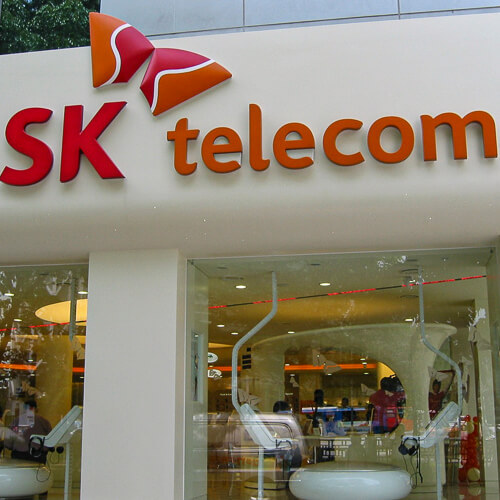
SK Telecom (SKT), one of the industry's pioneers in 5G services and multiaccess edge computing (MEC), announced it is building its second 5G edge zone based on AWS Wavelength in South Korea.
The second Wavelength-based 5GX Edge Zone is located in Seoul. The first was built in Daejeon in December 2020. SKT announced its partnership with Amazon Web Services (AWS) in May 2020.
Figure 1:  The Korean operator is using AWS Wavelength to support its 5G edge computing strategy.
The Korean operator is using AWS Wavelength to support its 5G edge computing strategy.
(Source: Ryan Pikkel on Flickr CC2.0)
SKT said the new edge zone will enhance the efficiency of 5G cloud services, as edge computing workloads will be shared between the two locations. The Seoul zone will cover network traffic from the top half of the country including the greater Seoul area, while the Daejeon zone will handle the remainder.
The operator noted that the "SK Edge Discovery" system will automatically allocate the edge zone based on the current location of users.
SKT also recently unveiled an enterprise 5G MEC solution called 'Petasus' in collaboration with Dell Technologies.
Riding the edge wave
AWS Wavelength is proving to be a popular option among operators that want to meet the low-latency requirements of different users and applications. In 2019, Verizon, Vodafone, SKT and KDDI were among the first operators to partner with AWS to develop commercial edge computing services running on 5G networks.
AWS explains that Wavelength embeds AWS compute and storage services at the edge of an operator's 5G networks, while providing access to cloud services running in an AWS Region. In turn, Wavelength minimizes the latency and "network hops" required to connect from a 5G device to an application hosted on AWS.
Want to know more? Sign up to get our dedicated newsletters direct to your inbox.
In South Korea, not all operators have opted for the AWS approach. In 2020, SKT rival LG Uplus announced an agreement with Google Cloud to take advantage of its AI, automation and Kubernetes capabilities.
SKT does not yet appear to have signed with a cloud provider. In 2020, it joined with other major operators including Verizon, Vodafone and Telstra to enhance MEC interoperability and specifications within the 5G Future Forum group.
Related posts:
— Anne Morris, contributing editor, special to Light Reading
Read more about:
AsiaAbout the Author(s)
You May Also Like











